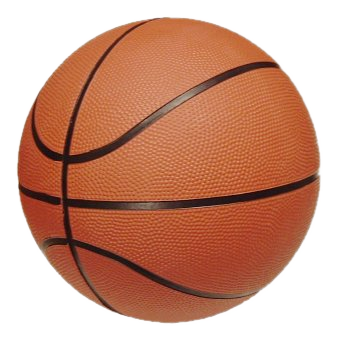| San Diego Sails | |||||
|---|---|---|---|---|---|
| [[File:{{{image}}}]] | |||||
| Conference | none | ||||
| Division | Western Division | ||||
| Founded | 1972 | ||||
| History | |||||
| Arena | San Diego Sports Arena | ||||
| City | San Diego, California | ||||
| Team colors | {{{team colors}}} | ||||
| Owner(s) | {{{owner(s)}}} | ||||
| General manager | {{{general manager}}} | ||||
| Head coach | {{{head coach}}} | ||||
| D-Leagueaffiliate | {{{d-leagueaffiliate}}} | ||||
| Championships | {{{championships}}} | ||||
| Conference titles | {{{conference titles}}} | ||||
| Division titles | {{{division titles}}} | ||||
| Official website | {{{official website}}} | ||||
| |||||
The San Diego Sails were an American Basketball Association team based in San Diego, California. Originally called the San Diego Conquistadors. As the Sails, they played an incomplete season only, beginning the 1975-1976 season but folding before its completion.
History[]
San Diego Conquistadors[]
The franchise was founded by Leonard Bloom. But a feud between Bloom and Peter Graham, proprietor of the city-owned, the 14,400 seat San Diego Sports Arena, led Graham to lock the newborn team out of the facility for two years. By the time the conflict was resolved in the fall of 1974, it was too late for a weakened franchise that had been forced to play, in the interim, at such bandboxes as Peterson Gym (3,200 seats) and Golden Hall, a mere ballroom.
After reaching the 1973 ABA Playoffs in their inaugural season, the Q's seemingly pulled off a coup by paying the Hall of Fame center Wilt Chamberlain $600,000 to play and coach in 1973-74. But the Los Angeles Lakers sued to block their former star from playing for his new team; relegated to a sideline role, Chamberlain was reduced to an indifferent, 7-foot-1-inch sideshow who once skipped a game in favor of an autograph session for his recently published autobiography. (His fill-in, on that and other occasions, was Stan Albeck, who later skippered the Chicago Bulls, San Antonio Spurs and New Jersey Nets of the NBA.) Nonetheless, the team again reached the postseason, bowing out in the first round, for the second year in a row, in the 1974 ABA Playoffs.
For their third and final season in 1974-75 the Conquistadors lost Chamberlain and finally gained their place in the San Diego Sports Arena. But without Chamberlain as a gate attraction, the team was roundly ignored by San Diegans, and placed last in the Western Division, missing the 1975 ABA Playoffs.
San Diego Sails[]
Bloom sold the franchise during the summer of 1975 to Frank Goldberg, a former co-owner of the successful Denver Nuggets franchise. Goldberg started anew, renaming the team the San Diego Sails for 1975-1976. Goldberg hired former University of Minnesota coach Bill Musselman and, with a completely different roster, color scheme, set of uniforms and just about everything else, sought to repeat Denver's turnaround, in 1974-75, from mediocrity to championship contender.
But the Sails attracted only 3,060 fans to their home opener on October 24, 1975 - a loss to the Nuggets - and fan attendance rapidly dwindled further as the team limped to a 3-8 start. (A "crowd" of 1,670 showed up for San Diego's third and last home game, against the San Antonio Spurs.) Goldberg soon learned San Diego was to be shut out of the pending ABA-NBA merger that would bring the ABA into the National Basketball Association; the Sails were to be left out reportedly at the insistence of Lakers owner Jack Kent Cooke, who refused to share his Southern California fan base with a team to the south.
With the team lacking fan support or a long-term future, Goldberg euthanized the franchise on November 12.
ABA's Demise[]
The collapse of the San Diego team, combined with the failures of the Baltimore and Utah franchises, reduced the ABA to seven franchises, and effectively signed the league's death warrant. Despite this, the NBA absorbed four of the surviving teams in the summer of 1976.
From 1967-1971, San Diego was the home of the NBA's expansion San Diego Rockets, who also played at the then-new Sports Arena. Although they were to draft University of Houston prodigy Elvin Hayes, who would later become a star for the Washington Bullets, the Rockets failed to garner wins or significant support in San Diego. Real estate broker Wayne Duddleston and banker Billy Goldberg bought the franchise for $5.6 million, and brought the team to Houston, bringing Hayes home to his adoring UH fans. In 1978, the NBA's Buffalo Braves arrived in San Diego and became the San Diego Clippers; in 1984, they moved to Los Angeles to attempt to compete with the already-established Lakers. San Diego has not had another professional basketball team since.
